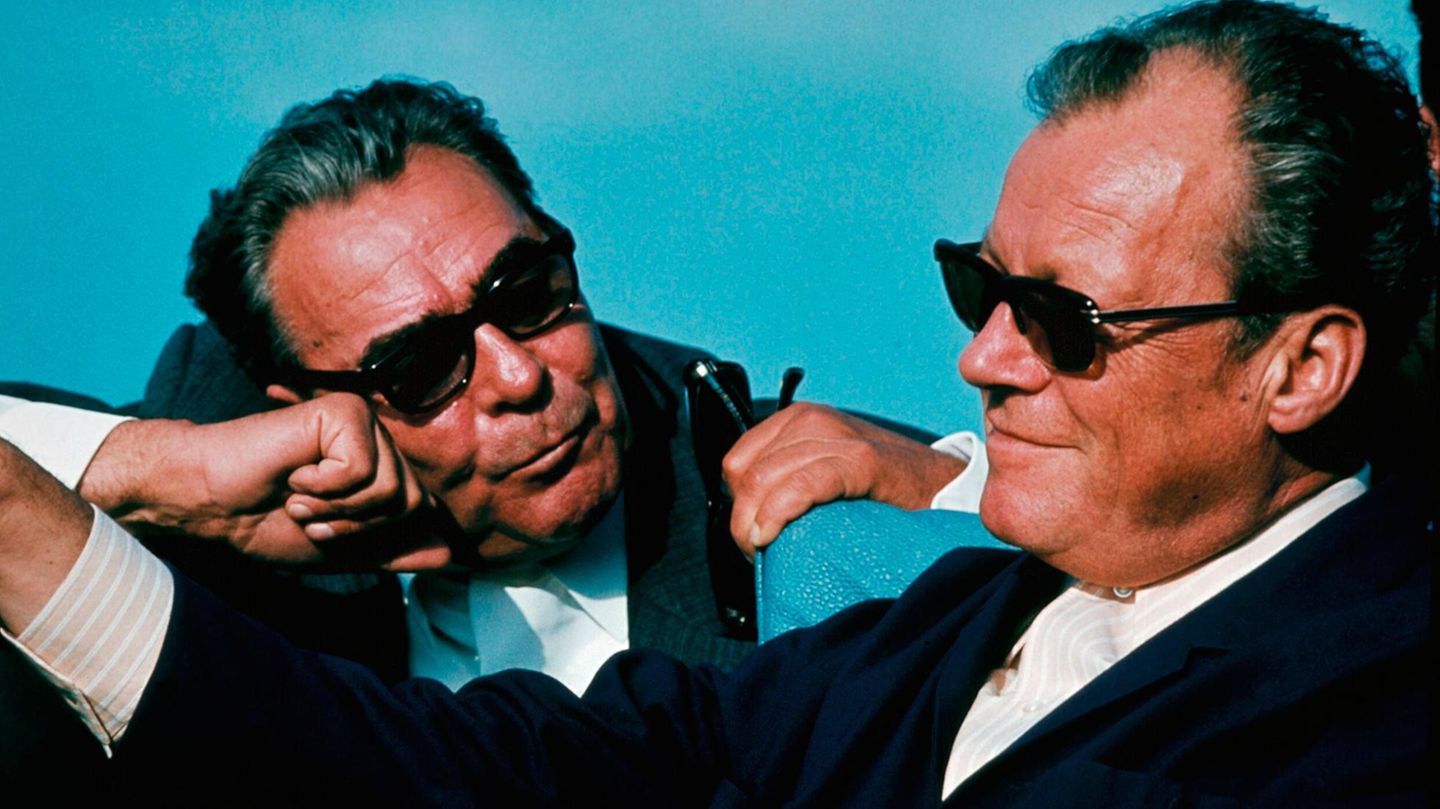politics
History professors led by Heinrich August Winkler are calling for a tough course against Putin in a letter, thereby hitting the SPD at its most vulnerable point
The letter to the “dear members of the party executive committee” has two pages; it comes from historians who are well disposed towards social democracy. But unfortunately they have to really hurt the SPD with their demand for a new course in Russia policy. This can only be understood by looking into the soul of the party, which is not the largest but the proudest in Germany. And with every right. Which is why it is permissible to flash back a few generations very briefly.
When the Nazis destroyed the Weimar Republic in 1933, it was Social Democrats who bravely opposed them: “Freedom and life can be taken away from us, but not our honor,” said the great Otto Wels before the Enabling Act was passed in the Reichstag. The SA was already in the room. If you want to physically feel what it means to serve a great cause with your skin and hair, you can listen to the tape recording to this day.
Or look at the pictures of Willy Brandt, who fled Hitler’s Reich as a young man, falling to his knees at the memorial for the dead of the Warsaw Ghetto Uprising. He received the Nobel Prize for reconciliation with the former war opponents in the East. To this day, nothing warms the heart of Germany’s oldest party like the certainty that it has been on the right side of history more often than all of its political competitors.
Putin is very different from Brezhnev
And now Putin and his war of aggression against Ukraine. Everything is different than it was during the Cold War. At that time, the Soviet leaders wanted their power to be cemented in Europe and the borders that had emerged after the Second World War to be recognized. But Putin wants to redraw borders, subjugate neighbors, and regain lost zones of influence. Of all things, the romantic relationship with the peace policy of Brandt and his friend Egon Bahr is now making it more difficult for the SPD to find a consistent course towards Russia. The criticism of the history professors around Heinrich August Winkler is aimed at exactly this. The false image of Russian politics and Russian interests creates “a dangerous and erroneous basis for future foreign policy,” they write. It makes the party untrustworthy and vulnerable.
Winkler and his colleagues are not interested in condemning Brandt and Bahr. But rather a reassessment of their politics, especially after their time together in the federal government. In the 1980s, Brandt – and even more so Bahr – focused on securing peace primarily through dialogue and cooperation with Moscow, Warsaw and East Berlin. When the Solidarność trade union in Poland rebelled against the regime in 1980, it was clear to Bahr that the Soviet Union had the right to use military force. The historian Winkler already pointed this out last year in a clever contribution on the 60th anniversary of Bahr’s famous “Change through Rapprochement” speech in Tutzing. Winkler considers Bahr to be a “left-wing nationalist” whose demands have occasionally touched on those of nationalists from the other end of the political spectrum and who has made “serious errors in judgment.”
opposition in Russia
Arrested, poisoned, expelled: This is how Putin’s opponents risk their lives
Scientists criticize the SPD’s course towards Russia
The rest of German politics also has reason enough to question its Russia policy of the past decades. But only for the Social Democrats is it about big feelings, about their identity that has been formed over decades. The fact that Gerhard Schröder still wants to be friends with Putin is a gift. But that Brandt and Bahr are no longer suitable as role models in every situation? That hurts. It’s like a root canal at the dentist – delayed and inevitable, with a surgeon who is as compassionate as he is determined. The historians’ letter reads like an explanation of risks and side effects: The SPD must understand “that Putin only has an interest in ending this war if he is opposed by the necessary strength.” But the Social Democrats’ “denial of reality” is extremely dangerous.
Source: Stern
I have been working in the news industry for over 6 years, first as a reporter and now as an editor. I have covered politics extensively, and my work has appeared in major newspapers and online news outlets around the world. In addition to my writing, I also contribute regularly to 24 Hours World.




